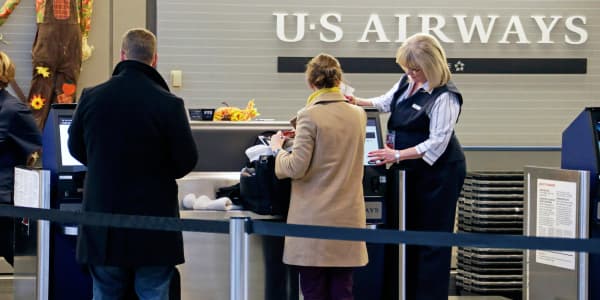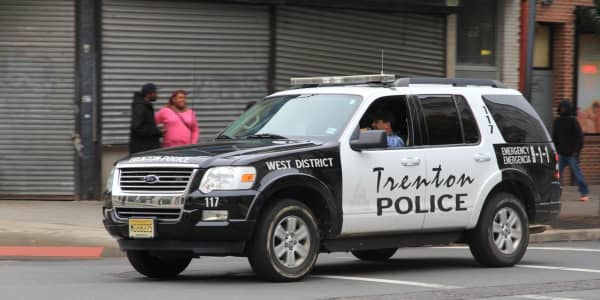As Washington politicians look for ways to jump-start our sluggish economy and avoid another round of harmful shutdown and debt ceiling madness, they cannot continue to ignore the promise and plight of America's cities. In recent years, we have too often associated big cities with big problems—crime and violence in Chicago, abandoned houses in Detroit, crumbling schools in Baltimore, poverty in Cleveland, and the list goes on. It has not always been that way. And as one who was born and raised in the great city of New Orleans, who was fortunate to serve two terms as its mayor, and who now heads an organization devoted to unleashing and uplifting the largely untapped potential in urban America, I understand deeply that as America's cities go, so goes America.
Beginning with the industrial revolution of the 19th and 20th centuries, our nation's major cities have defined America at home and in the eyes of the world. Our big cities have served as vibrant centers of commerce, culture, art, architecture, transportation, jobs and opportunity. In fact, the National Urban League was founded in 1910 to assist the large numbers of rural southern African Americans who were migrating north for good factory jobs and a better life for their families. Today, 80 percent of Americans live in urban areas. But it is a tale of two cities.
On the one hand, a city like New Orleans—once in the world spotlight for its diversity, culture and jazz—is still reeling from the aftermath of a 2005 hurricane and a 2010 oil spill. Persistent poverty, high unemployment and income inequality in my hometown have spawned all the associated ills—from subpar schools to unsafe neighborhoods. Chicago, a global city and international hub of business and finance, has lately made headlines for its seemingly endless outbreaks of street corner shootings. And Detroit (Motown), once the music and car capital of the world, recently filed for bankruptcy.
There are many reasons for these problems, including the shift to suburbia of people and jobs, inadequate transportation to ferry urban workers to those jobs, a shrinking urban tax base negatively impacting schools and services, and dwindling federal support for our cities. These factors have all been exacerbated by the Great Recession and a recovery that continues to leave too many urban Americans behind.
But, rather than view our cities as powerless victims, they should be looked upon as incubators of solutions that many of them are showing themselves to be. For example, during my two terms as mayor of New Orleans during the 1990s, we put together a Gumbo coalition that crossed all lines of race, class and political persuasion to reduce crime and revitalize neighborhoods and the economy. In the past month, I have traveled to 10 cities to observe opportunities and challenges. The key is coalition building. The goal is to create jobs, attract business, equalize educational and economic opportunity, restore public confidence and empower more urban citizens to climb out of poverty into the middle class.
Grassroots organizations like the National Urban League, with our more than 100 affiliates across the country, are a vital part of the solution too. In May, we launched one of the most ambitious economic rescue missions in our history. "Jobs Rebuild America: Educate, Employ, Empower" is a $100 million public-private-nonprofit partnership aimed at putting America back to work and targeting communities where help is needed most. And in August, along with a coalition of civil rights, social justice, business and community leaders—the African American Leaders Convening (AALC) introduced our "21st Century Agenda for Jobs and Freedom"—a domestic policy agenda that lays out five urgent goals for the nation:
—Achieve economic parity for African Americans
—Promote equity in educational opportunity
—Protect and defend voting rights
—Promote a healthier nation by eliminating health-care disparities
—Achieve comprehensive criminal justice system reform
In addition to the combined efforts of our coalition, we are also calling on elected officials and candidates to commit their support for the agenda and to work for its implementation.
America's cities and the people who live in them are the backbone of our economy and the key to our recovery. We cannot and must not let them fail.
—Marc H. Morial is the president and chief executive officer of the National Urban League.




